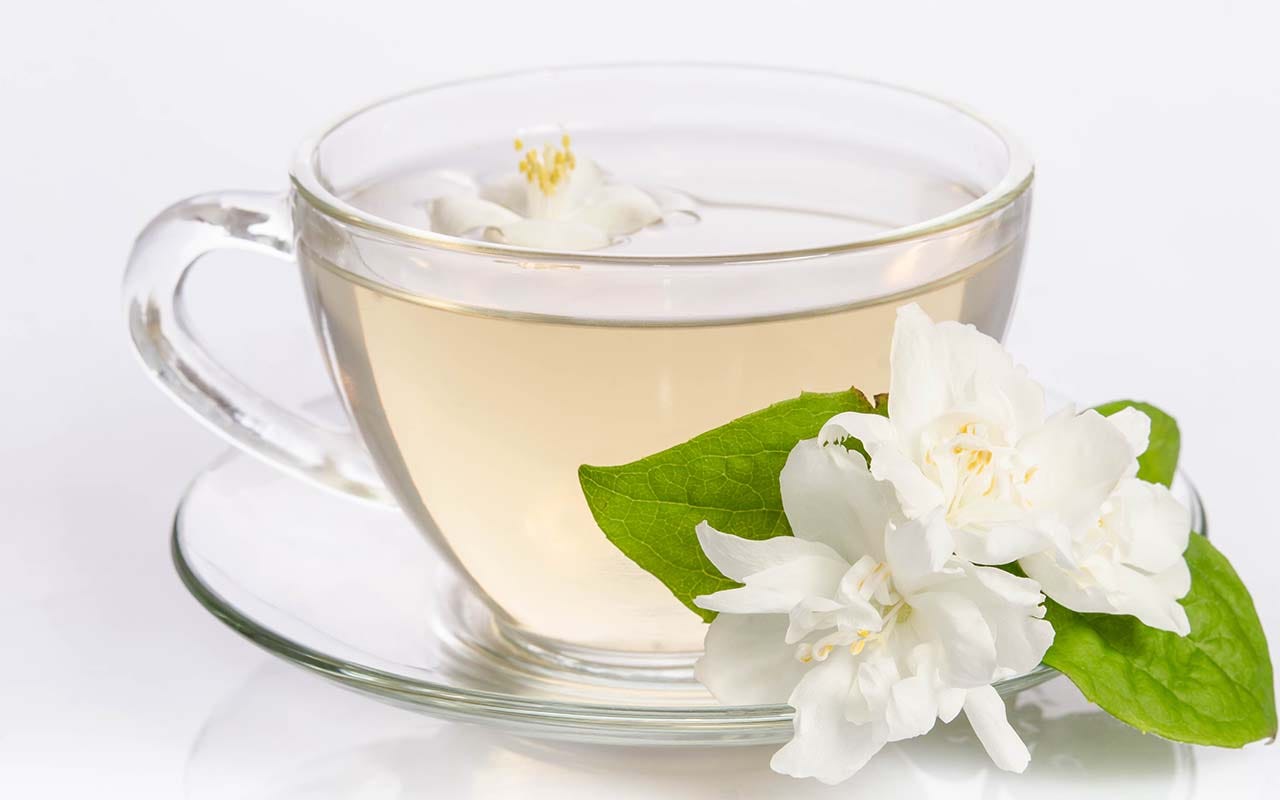I drink a lot of tea. Most mornings I get out of bed, make myself a cup, and then start up my computer and go to work. And sooner or later, inevitably, I reach for my teacup and find it’s empty and I realize I don’t remember drinking any of it.
So I make another cup.
The Raisin Exercise—if you did it—teaches us there’s a big difference between mindlessly popping a raisin in your mouth and actually taking the time to eat and enjoy it.
You can apply that lesson—just notice what you’re doing—to just about anything. Whether you’re listening to music, or playing with the kids, or drinking a cup of tea, you can choose to immerse yourself in the experience rather than tuning it out.
This gives us a working definition of mindfulness: it’s about noticing your life as it’s actually happening. Mindfulness is a tool to make contact with the present moment, and stay with it, as best you can.
It’s that simple. It’s that deep.
I like tea—I like the flavor. I like the heat. I love the scent.
Missing out on enjoying one lone cup of tea probably isn’t that big of a deal. But missing out on cup after cup, day after day, metaphorically speaking, doesn’t sound like a path to a satisfying life.
Am I going to drink my tea with the same level of mindful intensity as described in the raisin exercise from now on?
No. Of course not.
But I am going to try to be aware of my tea when I’m drinking it, and enjoy it, and even notice that I’m enjoying it, because otherwise what’s the point of drinking it? What’s the point of doing anything, really, if we’re not there to participate?



